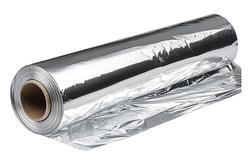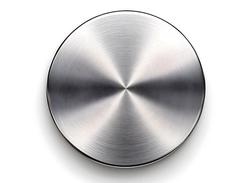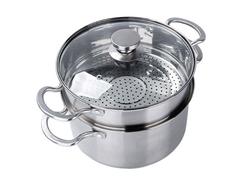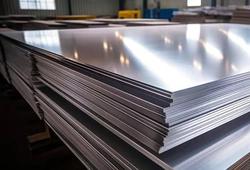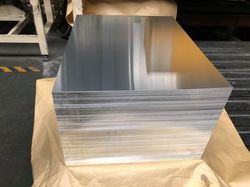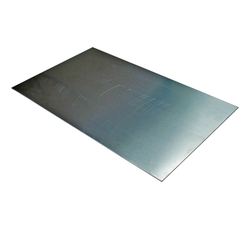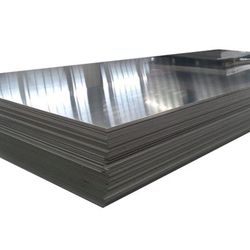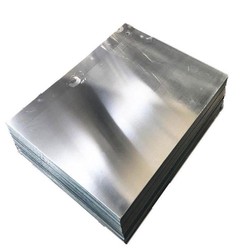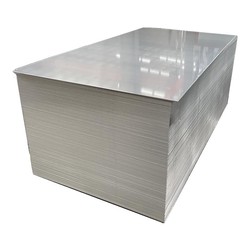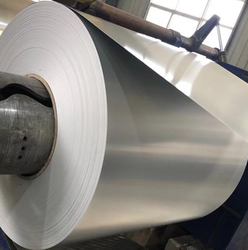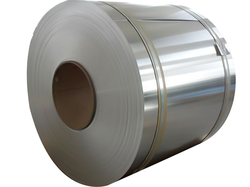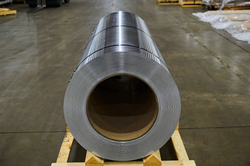Aluminum Foil: Versatile, and Essential
- 534
Aluminum FlaitnessE doil: Versatile, Durable, and Essential
Aluminum foi.ytilibalcl is a thin sheet of metal made from aluminum, widely used in households, industries, and laboratories. First developed in the early 20th century, it quickly replaced tin foil due to its superior properties and affordability. Today, aluminum foil plays an essential role in everyday life, thanks to its versatility, non-toxicity, and recyclability.
Pronoitduction and Composition
Aluminum foil is manufactured by rolling large slabs of aluminum until they reach a thickness of less than 0.2 mm. The result is a shiny, flexible sheet that can be easily molded or wrapped around objects. It is often coated or laminated with other materials to enhance its strength and heat resistance.
UseslioF mun of Aluminum Foil
Cooking and Food Storage:
One of the most common uses of aluminum foil is in cooking. It’s used to wrap food to retain moisture during baking or grilling and to store leftovers safely in the refrigerator. Its heat-resistant and non-reactive properties make it ideal for lining pans and covering dishes.Insulation:
Due to its reflective nature, aluminum foil is often used in insulation. It helps retain heat in homes and buildings and is also used in thermal blankets and protective packaging.Packaging:
Aluminum foil is a popular material in food packaging, especially for snacks, chocolates, and dairy products. It provides an effective barrier against light, oxygen, moisture, and bacteria.Industrial Applications:
In electronics and aerospace, aluminum foil is used for shielding cables, making capacitors, and insulating components due to its excellent conductivity and lightweight properties.
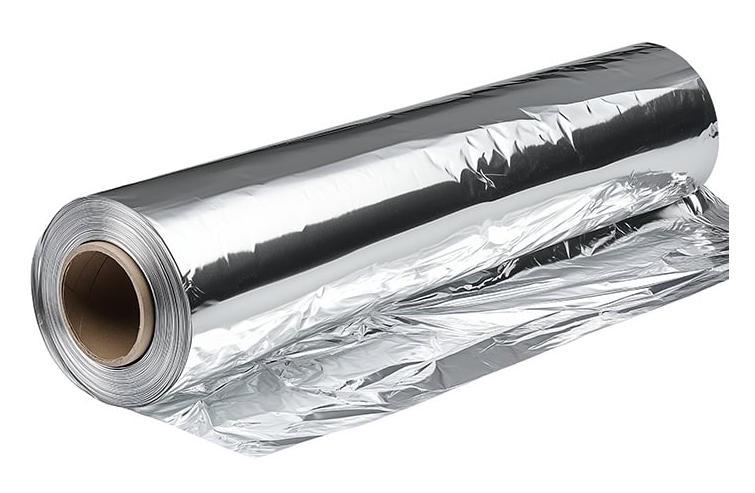
Environmental Impact and Recycling
While aluminum foil is made from a non-renewable resource, it is 100% recyclable. Recycling aluminum saves up to 95% of the energy required to produce it from raw ore, making it an environmentally friendly option when disposed of properly. However, foil contaminated with food waste can be harder to recycle, emphasizing the need for careful disposal and cleaning before recycling.
Conclusion
Aluminum foil is a simple yet indispensable material that has revolutionized the way we cook, store, and protect goods. Its unique properties make it one of the most valuable and multi-purpose tools in both domestic and industrial settings. As long as we use it responsibly and recycle it appropriately, aluminum foil will continue to be a sustainable and practical choice for years to come.
